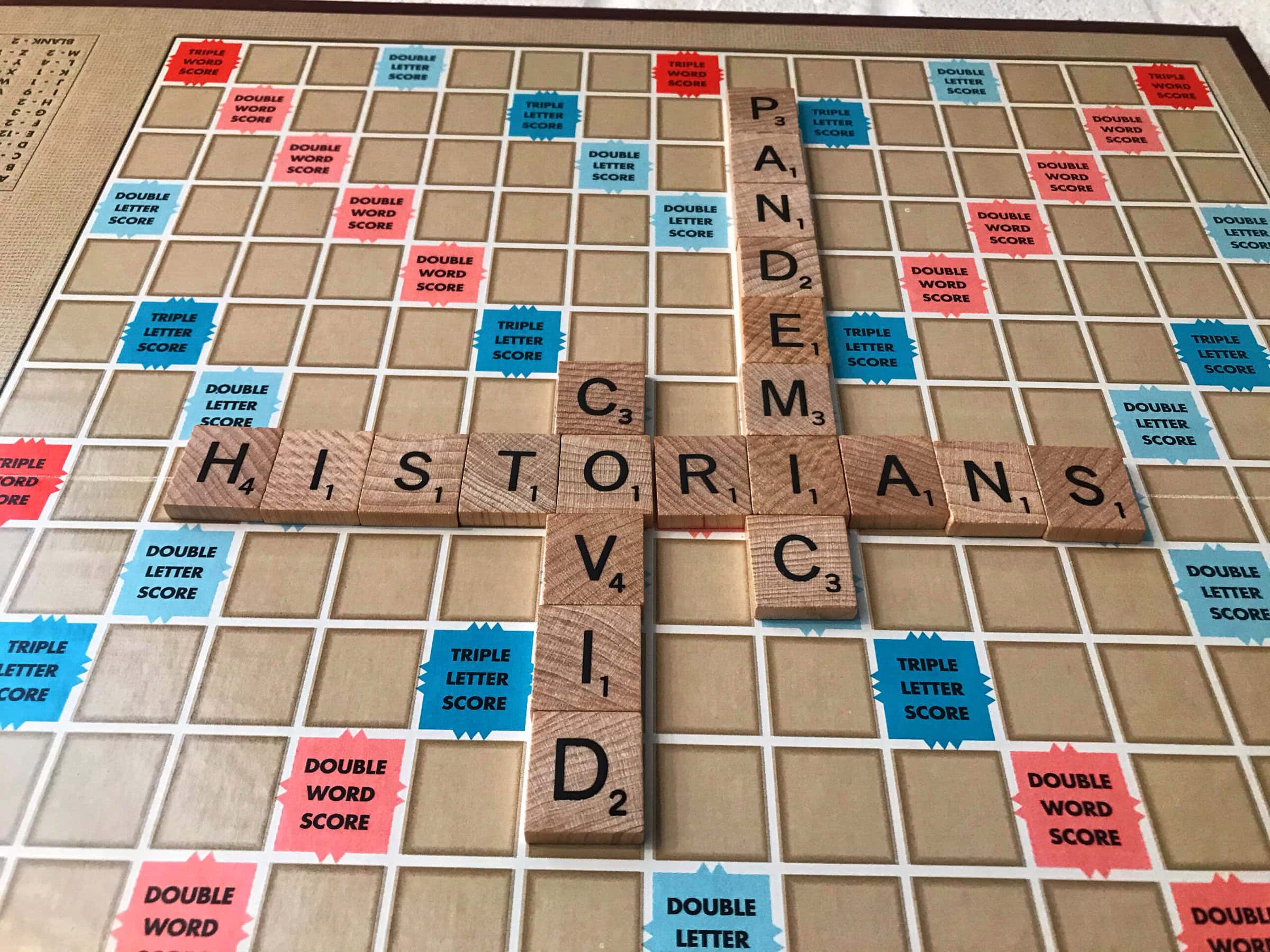
“Zinkglobal (Terminator),” Copenhagen. Photo by Janus Sandsgaard (Flickr stream at bit.ly/185417S), used under Creative Commons license (CC- BY).
There was 5 exabytes of information created between the dawn of civilization through 2003, but that much information is now created every 2 days, and the pace is increasing.—Eric Schmidt
There are few rewards in the digital age more enticing than the advances in search engines. Can you imagine your world without a Google search? Search engines grant us the ability to recall bits of information, no matter how obscure or how mundane, in a matter of seconds. Web search engines have become central to our daily lives: we no longer need to memorize a URL, know the correct spelling of “transcendentalism,” or even bookmark our favorite sites. Simply begin typing and Google will suggest the rest.
But the pool of data is growing larger by the second. Whether it be tweets, grumpy cat GIFs, or Wikipedia entries, web content is growing exponentially, and so is our dependence on search engines to help us find relevant data. According to bitrebels.com, the number of websites has grown from just 100,000 in 1996 to more than 634 million in 2012. And Google saw a growth in queries from 9,800 per day in 1998 to 3 billion per day in 2012.
Even the content on the AHA site, which in 1997 consisted mostly of Perspectives on History articles, has evolved into an expansive web portal, housing teaching resources, professional standards and guidelines, e-pubs, and social media content. The issue perpetually plaguing the site, however, has been how to arm users with the ability to draw out the resources they need easily.
Luckily, search programmers have readily adapted to this influx of new data and users by modifying the search recipes (otherwise known as search algorithms) that sift, sort, and rank pages according to search relevance. Contrary to popular belief, this recipe isn’t solely based on subject relevance, or even the “page rank” of a document. Instead, over the past few years, Google and Bing have been perfecting search algorithms that tap into an individual’s personal information and browser history and filter results based on behavior patterns of the individual user. For example, if I simply search “Chinese food,” Google will retrieve a number of Chinese restaurants located within two square miles of where I am standing (including delivery options), and will also produce a handy geographic map on the right-hand side that lists available metro stations. Google assumed, using my past search history, that I wanted to order Chinese food, instead of find information about the genre.
According to Eric Schmidt, executive chairman of Google, “It will be very hard for people to watch or consume something that has not in some sense been tailored for them.” What Schmidt is illustrating is a trend toward artificial intelligence (AI), or the ability of computers and mobile machines to recognize people and their preferences, and thus anticipate refinements in their search queries. AI tends to carry negative connotations (think Terminator1, 2, 3, 4 and 5), so industry experts have rebranded AI with the more appealing, less threatening term “web personalization” or “web relevance.” Along with Google, a number of search engines, websites, and major social media platforms have embraced the move toward web personalization, tailoring search results, advertisements, news updates, and even discussion threads to our individual tastes. In sum, two distinct users searching the same exact topic will get entirely different results, making our web experience almost entirely customized.
A World Wide Web based entirely on a schema of relevance, however, isn’t altogether positive. Eli Pariser, a pioneering online organizer, has pointed out, in both his popular TED talk and his book, The Filter Bubble, how the move toward web personalization can narrow our world view and in consequence, actually make us less connected to the world around us. He uses an example from his Facebook feed. Openly “progressive,” Pariser noticed one day that the links that dominated the right-hand rail of his Facebook dashboard no longer included conservative-leaning news organizations. Pariser learned that Facebook, as it does with all our timeline activity, catalogs the links we gravitate toward and uses that data to serve up promotional links it “thinks” we are more likely to click on and excludes content that may challenge or broaden our ideas.
Pariser uses this example to make a more sweeping observation about the invisible filters that play an instrumental role in how we search and interact with the outside world. “The Internet is showing us what it thinks we want to see,” he pointedly argues, “but not necessarily what we need to see.”
It’s these technological advances, and the resulting implications, that have informed the direction and approach to the new AHA website. How do we find a balance between making it easier for users to find what they’re looking for and limiting what they are exposed to?
We ended up striking a balance. One of the projects we are currently working on is tagging each document on the AHA website with a category, format type, and prospective audience. The ultimate goal (which users can already see executed in the recent online issues of Perspectives on History), are related content recommendations and applied metatags for each Perspectives article. Each component allows users to browse information related to their interests. The distinction between our site and others employing a more ambitious personalization schema, however, is that our users have the freedom to define which filters (if any) they can use. Of course, we want our members to take advantage of the specialized topics and filters, but we also see the value of serendipity (as open-web advocate Chris Messina once defended) that comes only with the freedom to explore with abandon.
Coincidentally, upgrading our site and search engine also had some unintended, but ultimately valuable, consequences. There were a number of teaching resources and Perspectives on History articles that, for whatever reason, were never indexed by Google and, as a consequence, could never be discovered in a user search. These pieces were invisible in the World Wide Web and left ignored by users. By moving to a new content management system, we were able to identify these lost documents, breathe new life into them (otherwise known in the web world as metatagging), and reintroduce them into the public conversation.
As we collectively consider the ramifications of our personalized web experience, I urge users to experiment with the AHA’s new site and search engine and tell us what you think. Moreover, it is an opportunity to explore the new features we offer and the resources we have recently uncovered.



